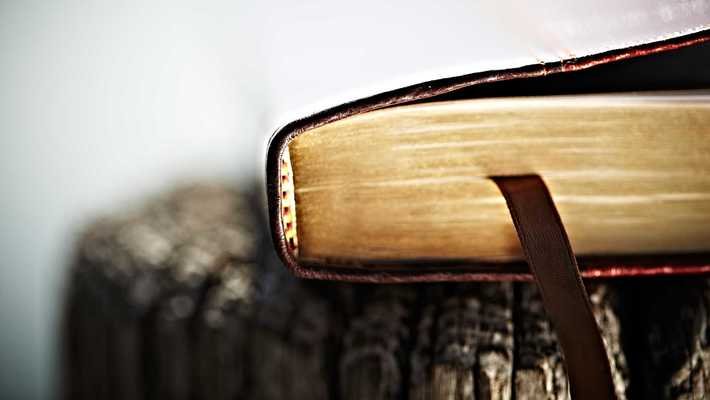The Bible consistently asks followers to honor and love their mothers. Examples of this can be seen in Exodus 20:12, “Honor your father and your mother,” and Leviticus 19:3, “Every one of you shall revere his mother and his father.”
DIVORCE PT. 3
9 And I say to you: whoever divorces his wife, except for sexual immorality, and marries another, commits adultery.”(ESV)
Matthew 19:9
DIVORCE PT. 2
16 “For the man who does not love his wife but divorces her, says the LORD, the God of Israel, covers his garment with violence, says the LORD of hosts. So guard yourselves in your spirit, and do not be faithless.”(ESV)
Malachi 2:16
HOMEGROUP STUDY: INTODUCTION
CARE & PRAYERS
ZECHARIAH PART 1
Zechariah's prophecies took place during the reign of Darius the Great and were contemporary with Haggai in a post-exilic world after the fall of Jerusalem.Ezekiel and Jeremiah wrote before the fall of Jerusalem while continuing to prophesy in the early exile period. Scholars believe Ezekiel, with his blending of ceremony and vision, heavily influenced the visionary works of Zechariah 1–8. Zechariah is specific about dating his writing.
HOSEA PART 4
Hosea revealed little about his background, though his book of prophecy offers a few glimpses into his life. The prophet’s name means “salvation,” likely a reference to Hosea’s position in Israel as a beacon of hope to those who would repent and turn to God because of his message.1 Following the command of God, Hosea married Gomer, a bride God described as “a wife of harlotry” (Hosea 1:2) and a woman who bore Hosea three children, two sons and a daughter (1:4, 6, 9). God used the names of Hosea’s children, along with his wife’s unfaithfulness, to send specific messages to the people of Israel.
PAUL'S ARGUMENT
His point is that no one is truly free; we are either a slave to sin or to God. He exhorts believers to choose the right way, God's way, which is the only way that leads to eternity.
HOSEA PART 2
Hosea revealed little about his background, though his book of prophecy offers a few glimpses into his life. The prophet’s name means “salvation,” likely a reference to Hosea’s position in Israel as a beacon of hope to those who would repent and turn to God because of his message.1 Following the command of God, Hosea married Gomer, a bride God described as “a wife of harlotry” (Hosea 1:2) and a woman who bore Hosea three children, two sons and a daughter (1:4, 6, 9). God used the names of Hosea’s children, along with his wife’s unfaithfulness, to send specific messages to the people of Israel.
HOSEA PART 1
Hosea revealed little about his background, though his book of prophecy offers a few glimpses into his life. The prophet’s name means “salvation,” likely a reference to Hosea’s position in Israel as a beacon of hope to those who would repent and turn to God because of his message.1 Following the command of God, Hosea married Gomer, a bride God described as “a wife of harlotry” (Hosea 1:2) and a woman who bore Hosea three children, two sons and a daughter (1:4, 6, 9). God used the names of Hosea’s children, along with his wife’s unfaithfulness, to send specific messages to the people of Israel.











